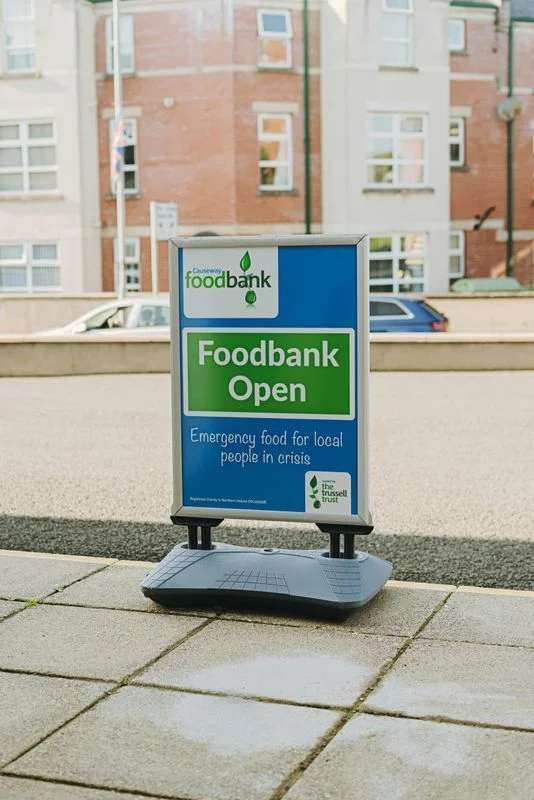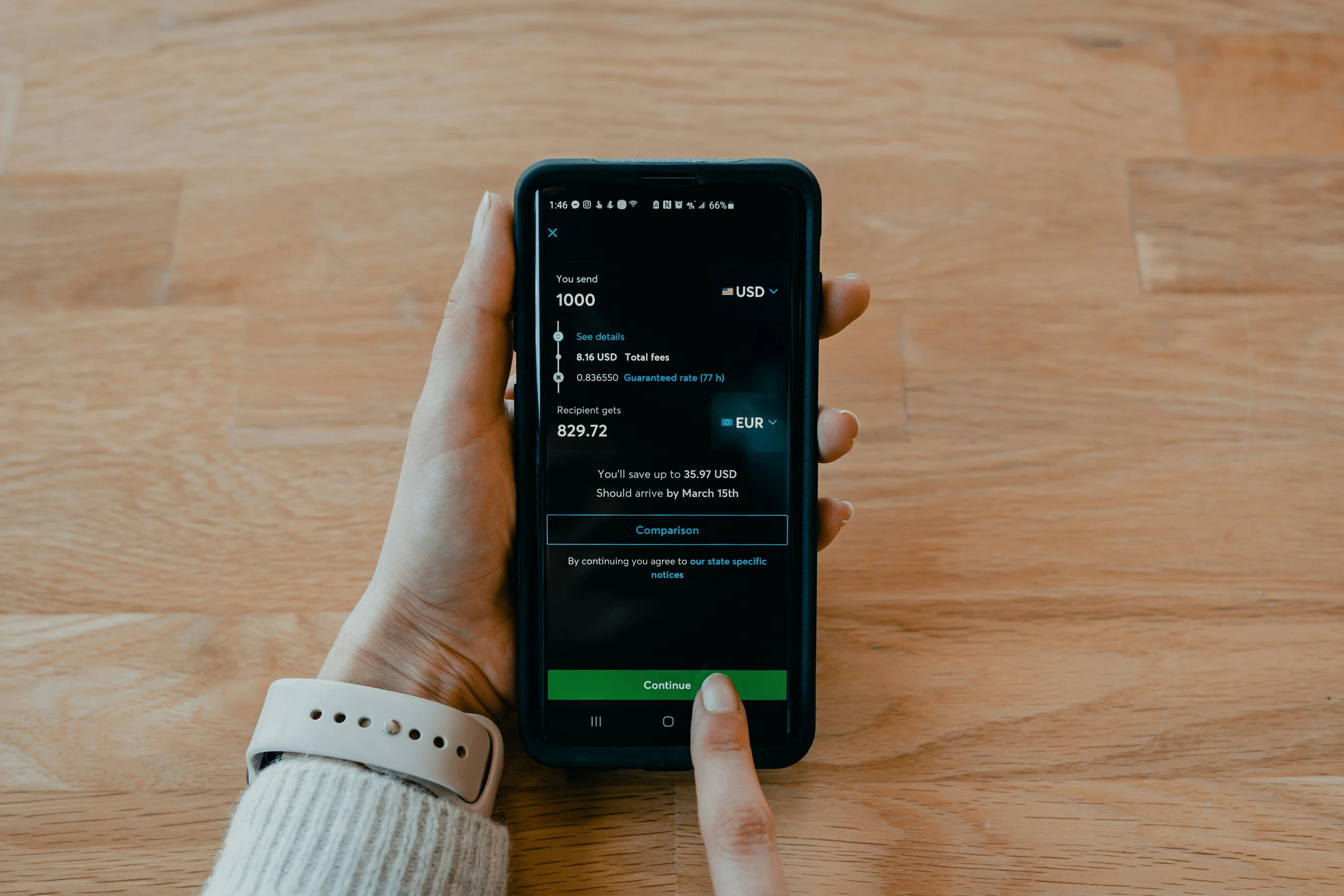
The 2025 European Cost-of-Living Reset: Where Expats Actually Save Money This Winter — Real Numbers, Admin Impacts & AI Survival Strategies
Europe enters winter 2024–2025 with a very different economic landscape: food inflation stabilising in the West, rents cooling in secondary cities, electricity prices fluctuating but more predictable, and new EU-wide consumer protections coming into effect on 1 January. For expats, this winter is not only about coping with higher costs — it is about strategically positioning yourself in a city or region where quality of life remains high while finances stay under control. This article breaks down the real numbers, the hidden administrative impacts, and where expats actually save money across Europe in 2025. Beyond comparison tables, it provides survival strategies and practical AI workflows to help you navigate housing, healthcare, insurance, and cross-border financial optimisation.
Read the article

